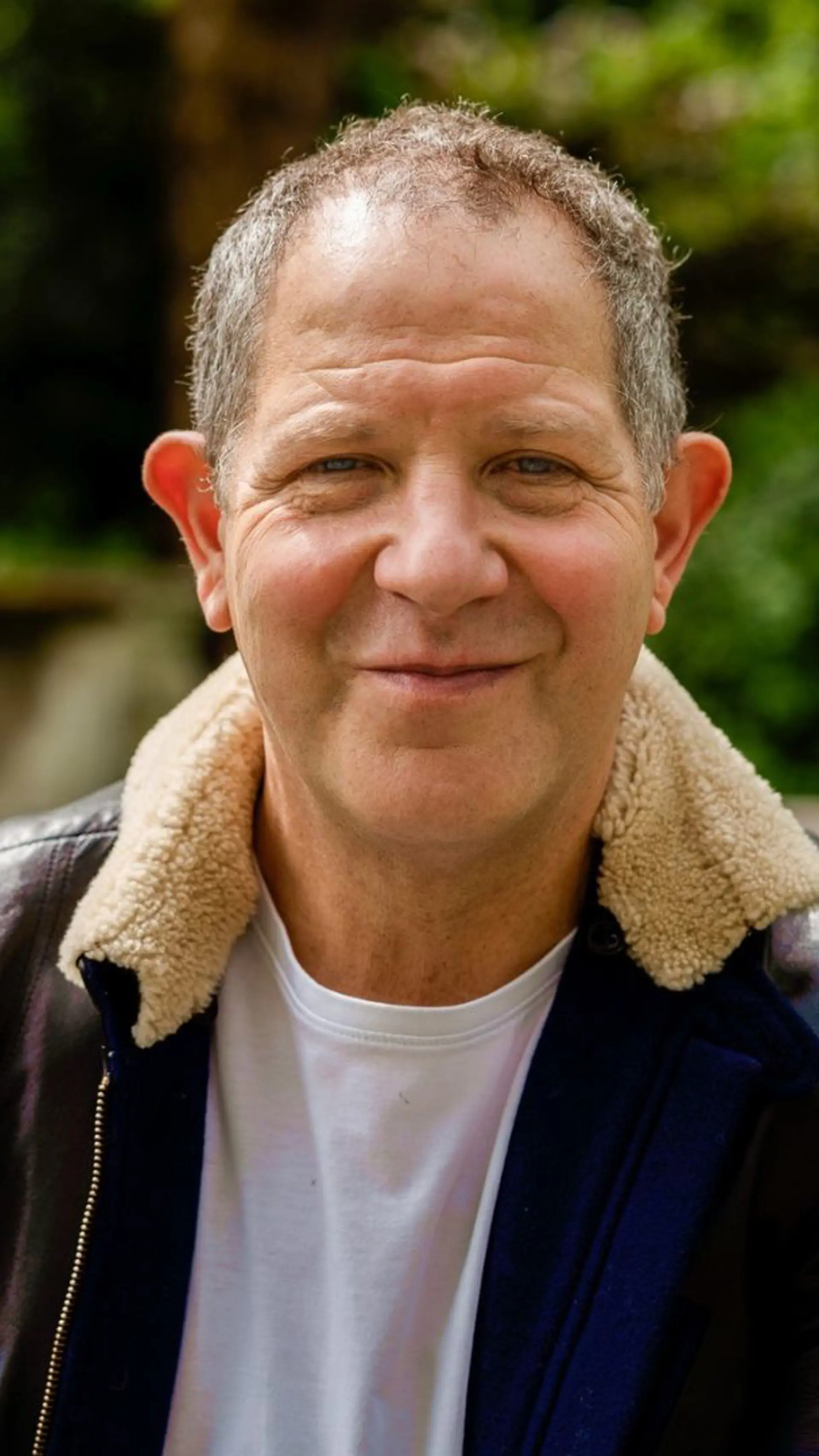
John Kampfner
Decode geopolitics with John Kampfner, foreign affairs expert, bestselling author, and trusted voice on global power shifts and European strategy.

Decode geopolitics with John Kampfner, foreign affairs expert, bestselling author, and trusted voice on global power shifts and European strategy.
Gain a competitive edge with one of Europe’s most respected geopolitical voices. With over 35 years of frontline reporting, from the fall of the Berlin Wall to today’s global crises, bestselling author and international commentator John Kampfner helps organizations decode complexity, anticipate risk, and navigate change. His keynotes deliver powerful insights that inform strategy, challenge thinking, and equip leaders to thrive in an increasingly volatile world.
Keynote Speaker John Kampfner is a leading voice in international affairs, renowned for his sharp analysis of geopolitics, global leadership, and European political dynamics. With over three decades of frontline experience, John has reported from the world's most pivotal power centers, Berlin, Moscow, and beyond, covering historic events from the fall of the Berlin Wall to the rise of Vladimir Putin.
As a former foreign correspondent, editor of the New Statesman, and long-standing commentator for the BBC and Financial Times, John Kampfner brings unparalleled insight into global affairs. He is also the bestselling author of Why the Germans Do It Better and Freedom For Sale, and a Senior Associate Fellow at the Royal United Services Institute. His latest research explores global best practices in governance and leadership.
John’s keynotes help organizations make sense of an increasingly volatile and fragmented world. With clarity and authority, he equips business leaders, policy professionals, and strategic decision-makers with the tools to understand geopolitical risk, navigate change, and lead with confidence in uncertain times.
Whether addressing European identity, authoritarian resurgence, or global economic shifts, John delivers thought-provoking keynotes that inspire critical thinking and strategic foresight.
Book John Kampfner for your event to gain access to one of Europe’s most respected commentators, someone who will challenge assumptions, offer global perspective, and leave your audience informed, engaged, and ready to act.
Keynote by John Kampfner:
A grand sweep of areas of conflict, well known and less known, this talk dissects the intentions of China, Russia and other hostile forces. What are the next steps? What can and should the West do? What about the role of the growing force of non-aligned states, the likes of India, Brazil and South Africa in navigating the many hotspots that affect trade and investment decisions?
Keynote by John Kampfner:
The Germans are praised for their skilled engineering, exporting prowess and R&D. But they’ve fallen behind on digitisation and innovation. A country that prides itself on its prudence is now having to find tens of billions to upgrade its armed forces - and to change the national mindset at a time of high tension. In this keynote, John looks at the impact on Germany today and, and what the future holds for a country recognised as powerhouse of Europe for many years.
Keynote by John Kampfner:
2004 saw John engaged in a bizarre encounter, a four-hour diatribe in which Putin set out his grievances towards the West. In this keynote, John explains Putin’s obsession with Russia’s great power past and his refusal to allow other Slav nations (notably Ukraine) their independence. He also considers Putin’s next likely incursions into Europe and whether he can be stopped at home or abroad.
Keynote by John Kampfner:
In what ways will Donald Trump Mark II differ from his first presidency? More broadly, what are the ideological and policy priorities of this second incarnation of populism? How does the landscape of 2024/25 differ from the thinking that marked the advent of Brexit and Trump’s first victory in 2016? For example, Giorgia Meloni in Italy may share much of the world view of Silvio Berlusconi, but in her approach to government, she could not be more different. The same goes for Marine Le Pen in France and her protégé, Jordan Bardella. The second-generation populists are more professional, and less charismatic, than their predecessors. How will this affect their prospects, and the consequences for the rest of us?